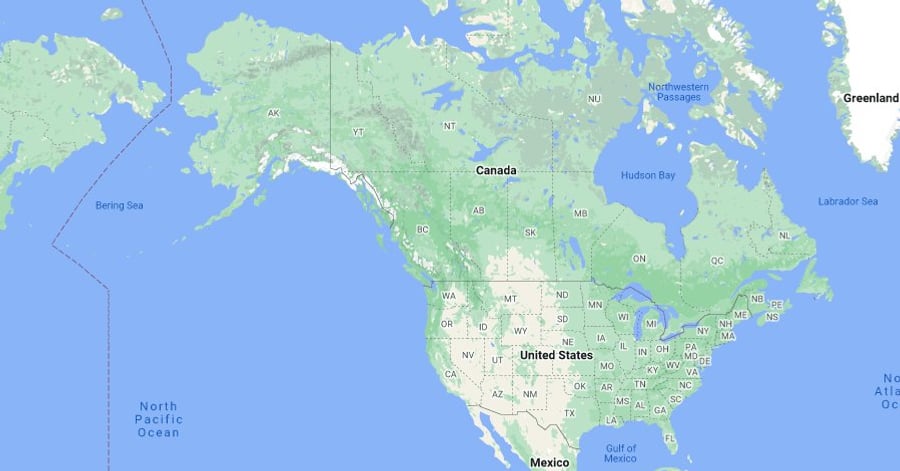This is an automated archive made by the Lemmit Bot.
The original was posted on /r/japantravel by /u/Hazzat on 2024-07-14 04:58:28+00:00.
Nightclubs in Tokyo broadly come in two types: the type where people go to get crunk, flex, and hit on other partygoers, and the type where people go for the music, the community, the subculture, and creative talent. Most Tokyo club guides only focus on the former—mainstream names like Warp, Atom, Baia, TK etc.—which I think is a shame, as what truly makes Tokyo after dark unique is the thousands of independent communities and creators bringing together diverse groups for quality parties that push the boundaries of what nighttime entertainment can be. So here is a list of those places: the kind for people looking for rich and real cultural experiences.
Please note that nightclubs in Tokyo don’t really specialise by genre. While venues certainly have personalities, you can’t really point to different locations and say “Go there for techno, go there for hyperpop, go there for house…” What you get depends on the event of the night, so you should look up the details of what’s on beforehand, or just show up with an open mind, ready to be surprised and amazed by what the organisers have put together for you.
Hatagaya
Forestlimit is the first port of call for any artist, DJ, or organiser looking to host something experimental and groundbreaking. With a huge range spanning from hyperpop and techno to the bands defining Tokyo’s scene right now, you’ll find everything cutting-edge here, and it will all be something you can only find in this city. Tokyo nightlife starts at Forestlimit - no other venue can claim to be so pioneering or influential.
Asagaya
Drift is a mad Japan-car-culture-themed space known for wild underground parties. Lots of influence from otaku culture and online beatmaker culture found in its many nights dedicated to hyperpop and anime songs, although anything goes as long as it’s fun.
Ebisu
Batica is a tiny two-floor space that hosts some of the city’s best hip-hop among its variety of events. Big-name DJs will also pop up when they want to bring big sounds to a more intimate audience. Amazing shows and community every time.
Shinjuku
Space is a very small and dark club down a quiet end of Shinjuku, and it’s absolutely the best the area has to offer. You’ll find the kind of outstanding DJs only people in the know know, and often some mind-blowing live music acts too. Whenever someone wants to try something innovative and exciting in the Tokyo party scene, more often than not, they do it at Space.
Shibuya
clubasia is the best of the big Shibuya venues, with a booking team always working to bring together the most boundary-pushing DJs and live talent ranging from rappers to rock bands. Functioning as a live music venue in the daytime gives them the edge when it comes to performance space, and that lets them mash together genres like nowhere else in outstanding cross-subcultural parties made to move Shibuya nightlife forward.
Hachi in Aoyama, right on the outskirts of Shibuya, features four floors of pumping music. Few tourists find their way out here, but the locals know it’s a place for unmatched vibes.
WWWβ is a pop-up club that appears occasionally inside major music venue WWW. They only do it when they’ve got something seriously special to share, whether it’s big-name DJs or just a stunning variety night. The New Years party always slaps, too.
Vent in Omotesando is one you may have heard of, but it is an outstanding, stylish, quality venue that is dedicated to putting on world-class shows and attracts international names, mainly techno and house. In the daytime, the same space becomes a music venue called WALL&WALL.
Harajuku
Bonobo looks like a ‘magical techno-fairy space’ and hosts a huge variety of exciting music events, spanning every electronic genre and beyond.
Shimokitazawa
Counter Club is a good vibes, stylish and dark space on the edge of Tokyo’s music town. You’ll find especially a lot of soul and RnB, as well as techno and house depending on the night.
Spread positions itself on the borderline between live music venue and nightclub. There are plenty of gigs, but also DJ events that go on into the night. An important spot for musical innovation, and always exciting.
Live Haus is more a true live music venue, with a very high calibre of show, but also operates all-night even on weekdays. Some of those night events are low-key events for DJs to play around while you vibe, but also some are proper nightclub events, like the awesome Superfuzz that smashes together alt-rock with dance music for a unique alternative non-stop dance atmosphere that attracts the coolest cross-genre crowd around.
Cream is a DJ bar you can’t miss when you walk past because it’s so noisy from the street. A tight community, friendly staff, and always fun (although the music stops at midnight).
Nakameguro
Solfa is a thriving hip-hop and dance music spot, and probably the only one in this part of town.
Sasazuka
Zookid is the most niche place on this list, but this tiny DJ bar in an unassuming neighbourhood is ground zero for so much Tokyo culture. A meeting place for subcultural icons, from DJs to artists to designers, what happens here goes on to influence what happens elsewhere in the city.
You may also enjoy my list of Tokyo music venues, and guide to enjoying live music in Japan!


